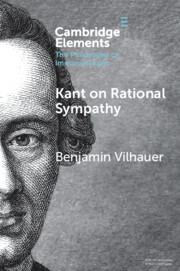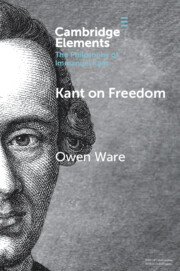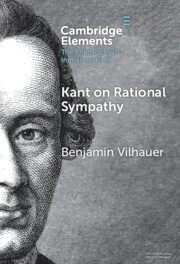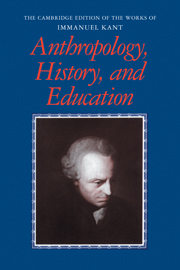Kant on Marriage
This Element proposes a new understanding of Kant's account of marriage by examining the context and background conversations that shaped its development and by discussing the conception of equality at its core. Marriage as Kant understands it relies on a certain form of equality between spouses. Yet this conception of equality does not precede marriage, and carries important limitations – one of which being its inaccessibility to a significant proportion of the German population at the time. The protections and rights conferred by marriage were thus not accessible to all. Their shared preoccupation with this issue allows the author to put Kant's thoughts in relation with those of eighteenth-century feminist writers Theodor von Hippel and Marianne Ehrmann. Despite these limitations, the author finds that Kant's conception of marriage is compatible with the achievement of certain egalitarian goals, suggesting that it may be able to improve women's lives in a liberal state.
Product details
May 2025Paperback
9781009304542
75 pages
229 × 152 mm
Not yet published - available from May 2025
Table of Contents
- 1. Introduction
- 2. Marriage in eighteenth-century Germany
- 3. On those who did not marry: Kant and the infanticide debate
- 4. Kant and the community of marriage
- 5. Concluding remarks
- References.






